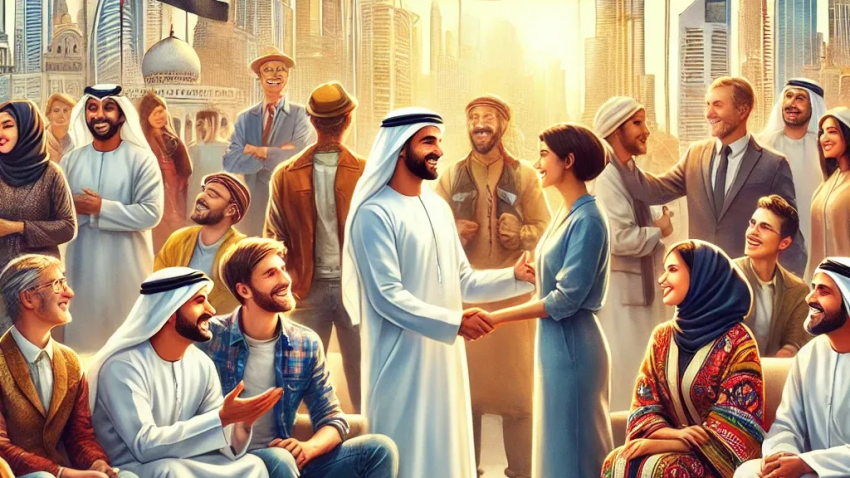In a world where influence often speaks louder than authority, diplomacy remains one of the most refined and powerful instruments of leadership. It is the invisible thread that weaves peace between nations, opens doors to strategic partnerships, and preserves legacies for generations. For leaders, elite business figures, and nation-builders, mastering the art of diplomacy is not just a skill — it is a lifestyle of discernment, discretion, and long-term vision.
What Is Diplomacy, Really?
Diplomacy is the strategic management of relationships between nations, leaders, and global entities. It encompasses negotiation, dialogue, persuasion, and tact — all tools used to avoid conflict, build alliances, and secure mutual benefit. But in today’s hyperconnected and often volatile world, diplomacy has evolved. It’s no longer confined to embassies or international summits — it’s present in boardrooms, on private jets, in quiet dinners, and behind closed doors where real decisions are made.
The Power of Soft Influence
Unlike the loud displays of military strength or aggressive economics, diplomacy operates through soft power — the ability to shape outcomes through attraction rather than coercion. A diplomat doesn’t just speak for a nation; they represent its values, its culture, its intent, and often, its future. Whether it’s negotiating trade deals, securing peace accords, or advocating for climate action, diplomacy leverages credibility, composure, and cultural intelligence to move mountains without raising a voice.
Modern Diplomacy: Where Strategy Meets Sophistication
In today’s era, diplomacy goes beyond mere geopolitics. It touches on global finance, sustainability, cybersecurity, energy, health, luxury trade, and innovation. A new generation of diplomats is emerging — not just in government, but in private sectors, royal courts, philanthropic circles, and global think tanks.
These modern diplomats — often educated at the world’s best institutions and fluent in both language and nuance — navigate crises with calm, build coalitions with tact, and embody their countries or companies with elegance. They understand that presence matters, and that diplomacy is as much about listening and observing as it is about negotiating.
Luxury and Diplomacy: A Timeless Dance
Throughout history, diplomacy has often been conducted in the grandest settings — from Versailles and Vienna to Davos and Doha. Lavish banquets, private salons, and elite forums have served as the backdrop for some of the world’s most consequential agreements. Even today, diplomatic strategy is often crafted during art auctions, vineyard tours, yacht galas, and curated cultural encounters — where power and poise intertwine.
Because diplomacy is also about perception. The watch you wear, the wine you serve, the words you choose — all reflect your depth, your allegiance, and your intent. In circles where access is earned and trust is currency, luxury is not indulgence — it is language.
The Enduring Value of Diplomacy
Amid global uncertainties, diplomacy remains one of the last bastions of hope. It is how we solve problems without violence, how we protect sovereign dignity while seeking shared prosperity. From backchannel dialogues that prevent war to the discreet conversations that shape global markets, diplomacy is the craft that keeps the world from unraveling.
But it’s more than that. It is also a mindset — one of grace under pressure, of holding your line while extending your hand, of seeing the bigger picture while managing the smallest details.
In a time where power is often confused with volume, true influence lies in diplomacy — quiet, poised, and profoundly effective.




